Experts say “eating the colors of the rainbow” is one of the best ways to ensure you’re getting all the antioxidants, vitamins, and minerals that are essential for body and brain health. Here are the top 10 “brain” foods.
10. Wine

Red wine provides the most potential benefits. Antioxidants can help keep blood vessels open and flexible, improving blood supply to the brain. Resveratrol may increase serotonin levels to improve mood and protect the brain from stroke damage. Low levels of consumption can reduce brain inflammation. Moderate consumption may reduce the risk of developing dementia. Recommended servings: 1 glass per day.
9. Nuts
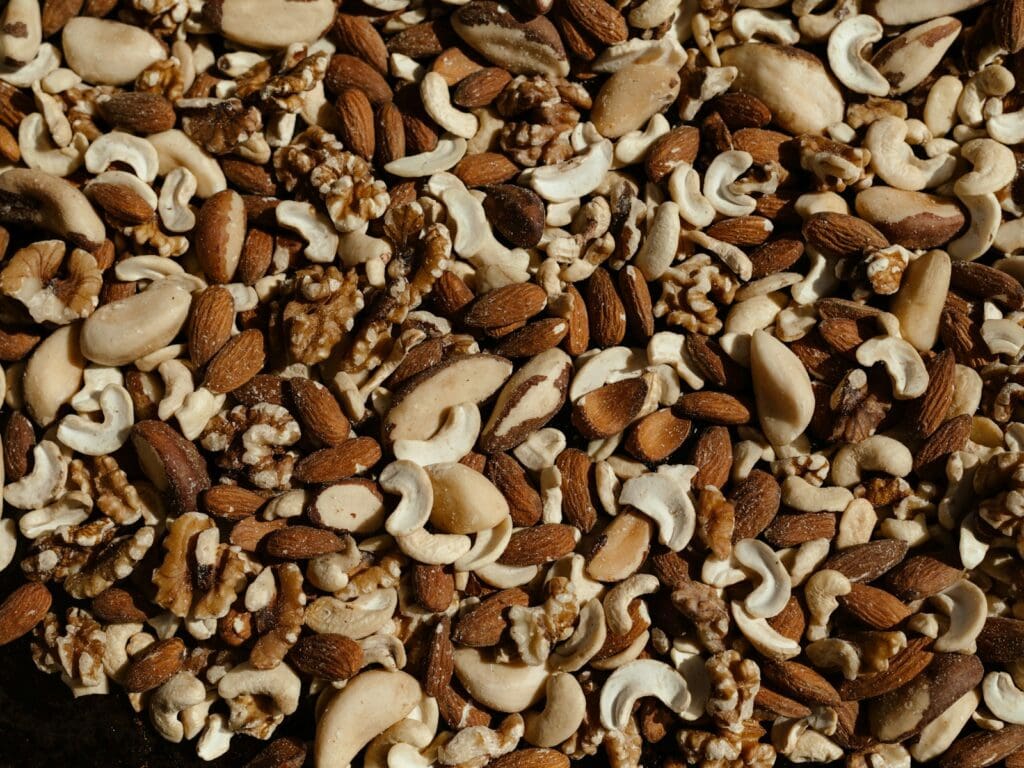
The World Health Organization (WHO) recommends consuming nuts as part of a plant-based diet to reduce the risk of cognitive decline and dementia. Nuts can increase blood flow to the brain. Nuts have also shown they can help improve mood, reduce stress, and reduce the risk of depression. Recommended servings: 5 per week.
8. Berries

Berries (strawberries, blueberries, raspberries, blackberries, cranberries) contain flavanols, a type of flavonoid, that give them antioxidant and anti-inflammatory properties that can reduce some repair cell damage. Anthocyanins found in red, blue, and purple berries can protect brain cells from aging and diseases. Berry consumption can improve memory and may help fight dementia. Recommended servings: 2 per week.
7. Beans
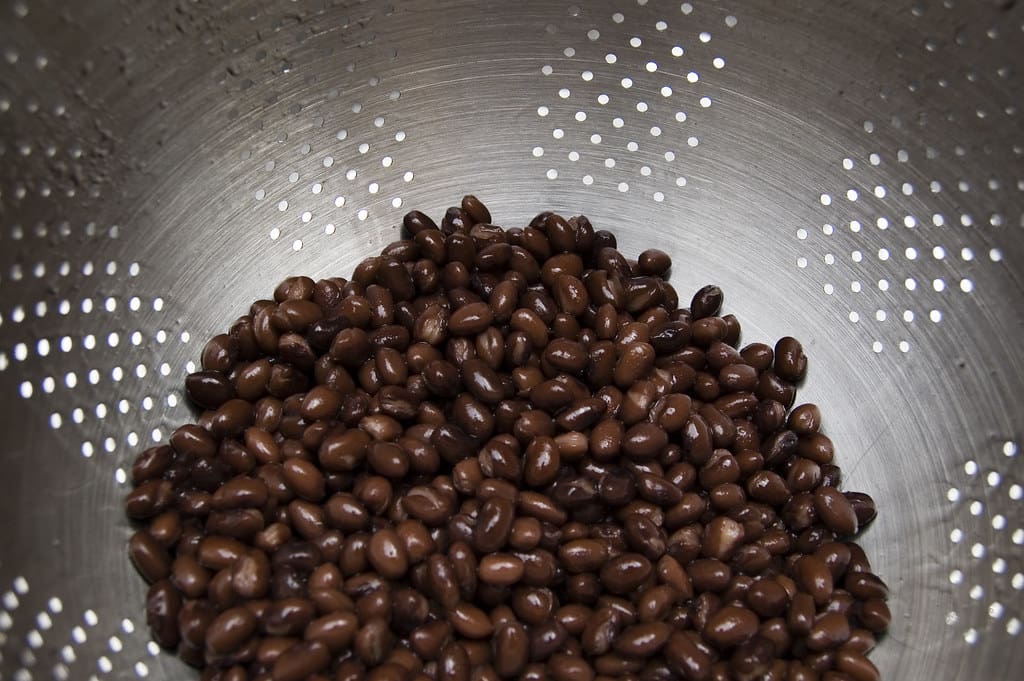
Beans are loaded with nutrients that can improve brain health. Manganese helps create neurotransmitters. Omega-3 fatty acids help regulate serotonin and dopamine. Antioxidants protect brain cells and fight inflammation. Iron helps transport oxygen. Folate is essential for brain development and function. Beans contain more folate than any other food. Recommended servings: 3 per week.
6. Salmon & Oily Fish

Oily fish (salmon, sardines, anchovies, mackerel, and trout) are high in omega-3 fatty acids, which are essential for brain development and function. Salmon contains vitamins A, D, and selenium, which work with DHA to improve brain function. Salmon is a good source of B vitamins, which help maintain optimal brain and nervous system functioning. Recommended servings: 1 per week.
5. Poultry

Chicken is rich in choline and vitamin B12, which are both essential for brain function and development. Turkey and chicken contain tryptophan that converts into serotonin and melatonin, which regulate mood and sleep. Turkey has many benefits. Tyrosine may improve cognitive performance and working memory. Zinc helps learning and memory. Selenium protects against brain cell damage. Recommended servings: 2 per week.
4. Whole Grains

Whole grains are complex carbohydrates found in breads, pasta, cereals, brown rice, oatmeal, and popcorn. Look for whole wheat as an ingredient rather than refined wheat. Whole grains are rich in tryptophan, which produces serotonin and melatonin that can improve mood and sleep. Folate helps improve memory. Whole grains can help slow memory decline. Recommended servings: 3 per day.
3. Olive Oil, Flax Seeds, Flaxseed Oil
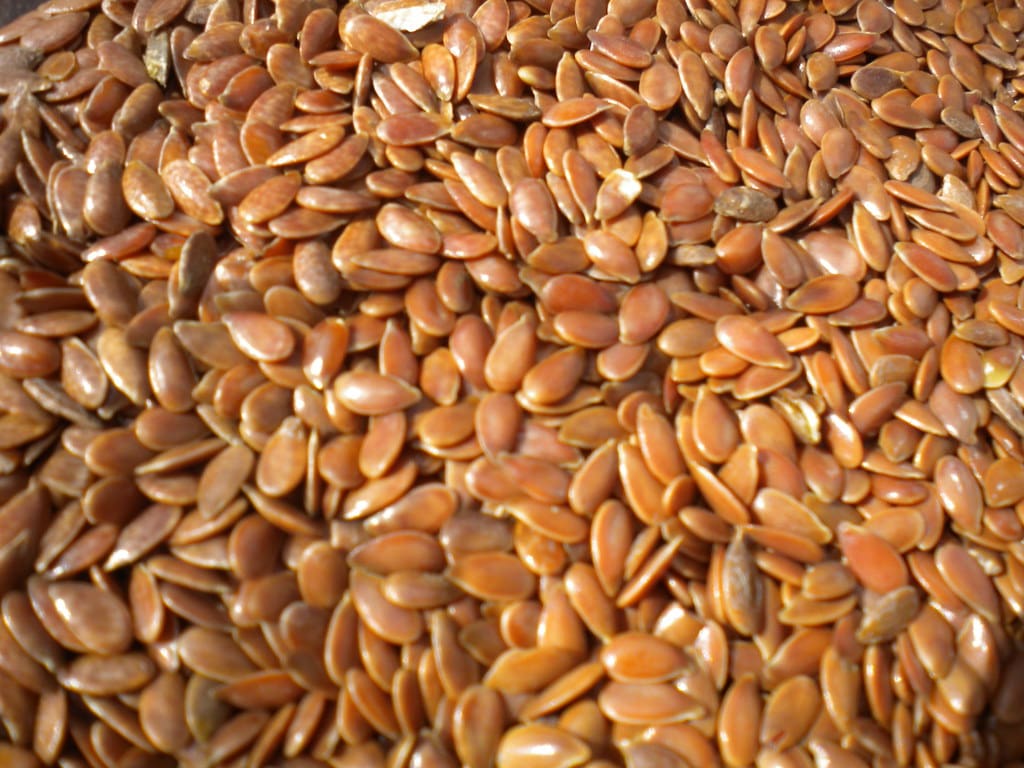
Olive oil contains many properties associated with brain benefits. Studies found a reduced risk of dementia, improved cognitive function, a potential delay of cognitive decline in older people without dementia, and a reduced risk of Alzheimer’s disease. Flaxseed and flaxseed oil showed potential improved cognitive function, restoration of motor and memory impairments, brain injury recovery, and antidepressant-like effects.
Read More: Top 10 Healthy Snacks for Busy People
2. Vegetables
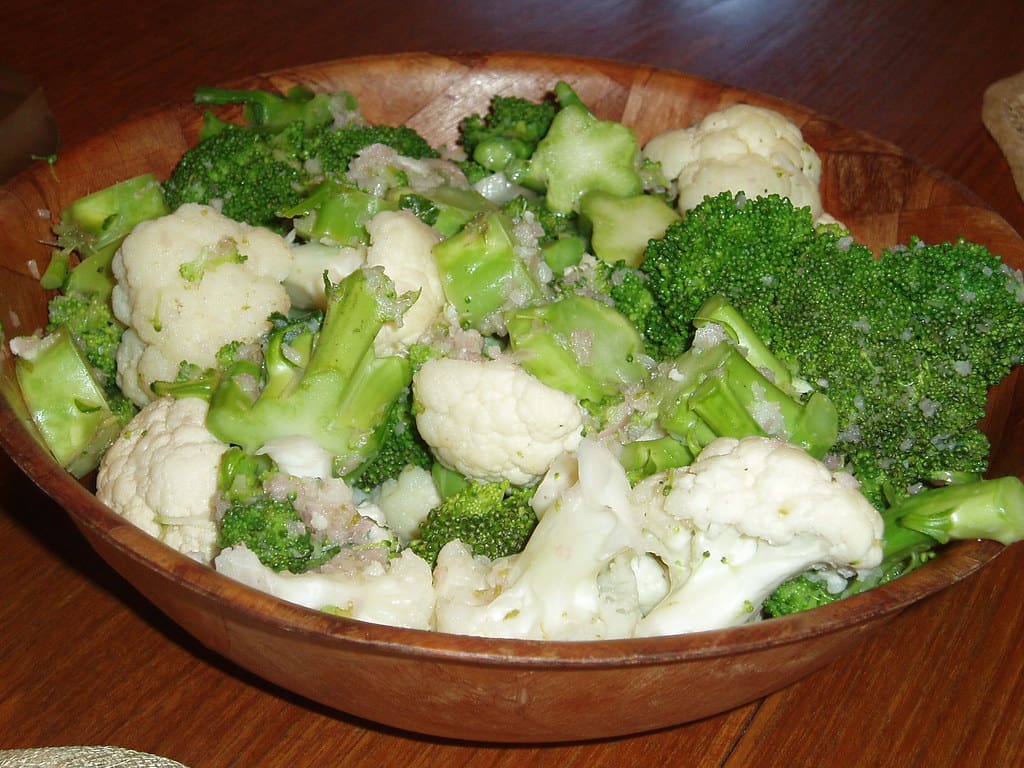
Experts say 50% of everything we eat daily should be vegetables. Frozen, canned, or fresh. Some of the most important are cruciferous vegetables (broccoli, cauliflower, Brussels sprouts, arugula, kale, and cabbage). These contain vitamin K, glucosinolates, and flavonoids, which all can help boost brain health. Beets help more oxygenated blood reach the brain. Recommended servings: 3 per day.
Read More: Top 10 Exotic Fruits You Need to Try
1. Leafy Green Vegetables
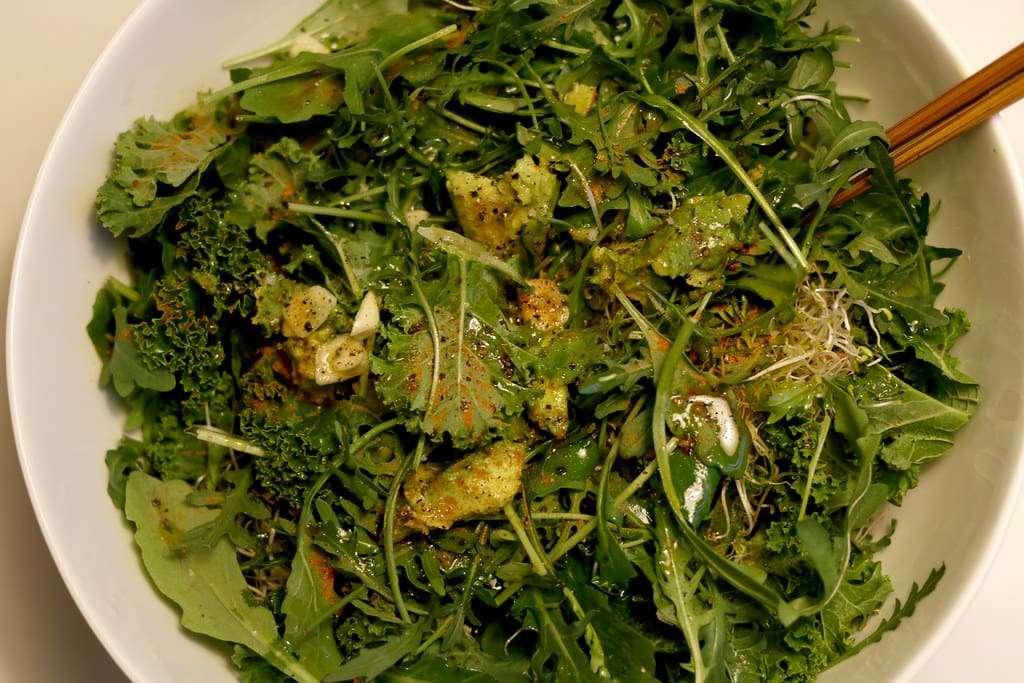
Leafy green vegetables (spinach, kale, collard/mustard/turnip greens, romaine lettuce, arugula, Swiss chard) benefit brain health in numerous ways. Studies found they can slow cognitive decline, reduce stress, and protect against dementia. Leafy greens contain vitamin K, which can improve memory. Vitamin E protects cells against damage. Beta-carotene, folate, and lutein may help slow cognitive decline. Recommended servings: 6 per week.
Read More: 10 Ways to Keep Your Brain Young and Healthy








